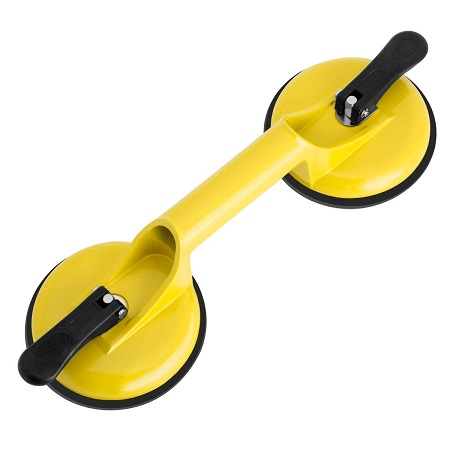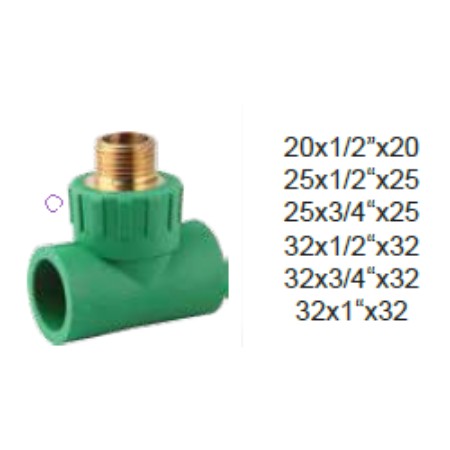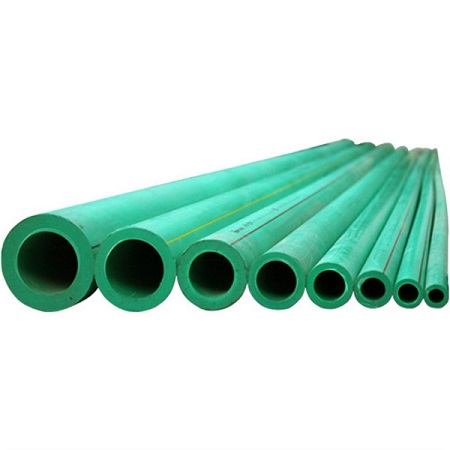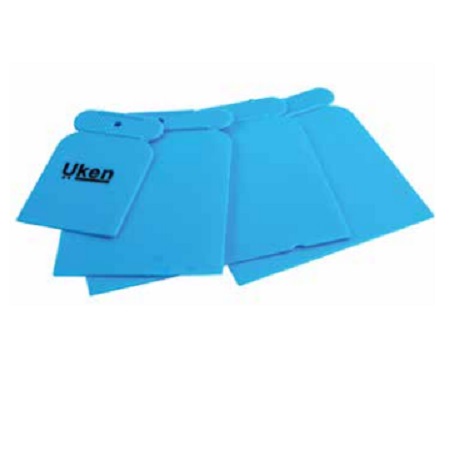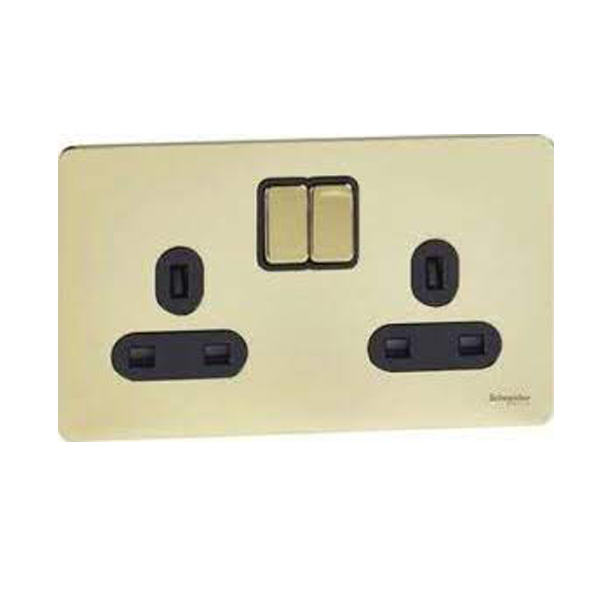Polyethylene pipe, sometimes referred to as PE pipe or polythene pipe, is a flexible plastic pipe that is frequently used in a variety of applications, such as drainage, irrigation, and water delivery. The thermoplastic polymers high-density polyethylene (HDPE) and low-density polyethylene (LDPE) are used to create it.
The following are some essential qualities and traits of polythene pipe:
- Flexibility: Polythene pipe's high degree of flexibility makes it simple to install around curved surfaces and obstructions. Leaks are less likely because it may be bent and coiled without requiring additional fittings or joints.
- Lightweight: Compared to other forms of pipes, polythene pipe is more portable, handleable, and installable. This may result in personnel and equipment cost reductions.
- Polythene pipe is appropriate for a variety of applications since it is resistant to corrosion and chemical deterioration. It is resistant to exposure to alkalis, acids, and other abrasives frequently present in soil and water.
- Strong: Polythene pipe resists impact, abrasion, and stress breaking quite well. It is resistant to extreme environmental factors like temperature changes, shifting ground, and UV radiation.
- Leak-free joints: Polythene pipe can be coupled in a number of ways, such as through mechanical fittings, electrofusion, and butt fusion. These joints offer dependable, leak-free connections when they are placed correctly.
- Long lifespan: Polythene pipe is renowned for its endurance. Depending on the application and operating circumstances, it may have a service life of 50 years or longer.
- Cost-effective: When compared to other types of pipes, polythene pipe is frequently less expensive. Its total cost-effectiveness is boosted by the cheap installation and maintenance expenses as well as its endurance and durability.
- Polythene pipe comes in a variety of sizes, from tiny diameters used for domestic applications to enormous diameters used for industrial and governmental operations.
- Environmentally friendly: Compared to certain other piping materials, polythene pipe is recyclable and has a minimal carbon footprint. It is frequently seen as an eco-friendly option.
 Cash on delivery available
Cash on delivery available
 Return allowed
Return allowed
.jpg)
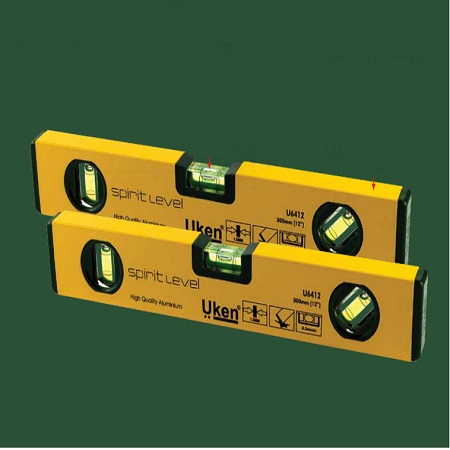
.jpg)
.jpg)
2.jpg)
.jpg)
